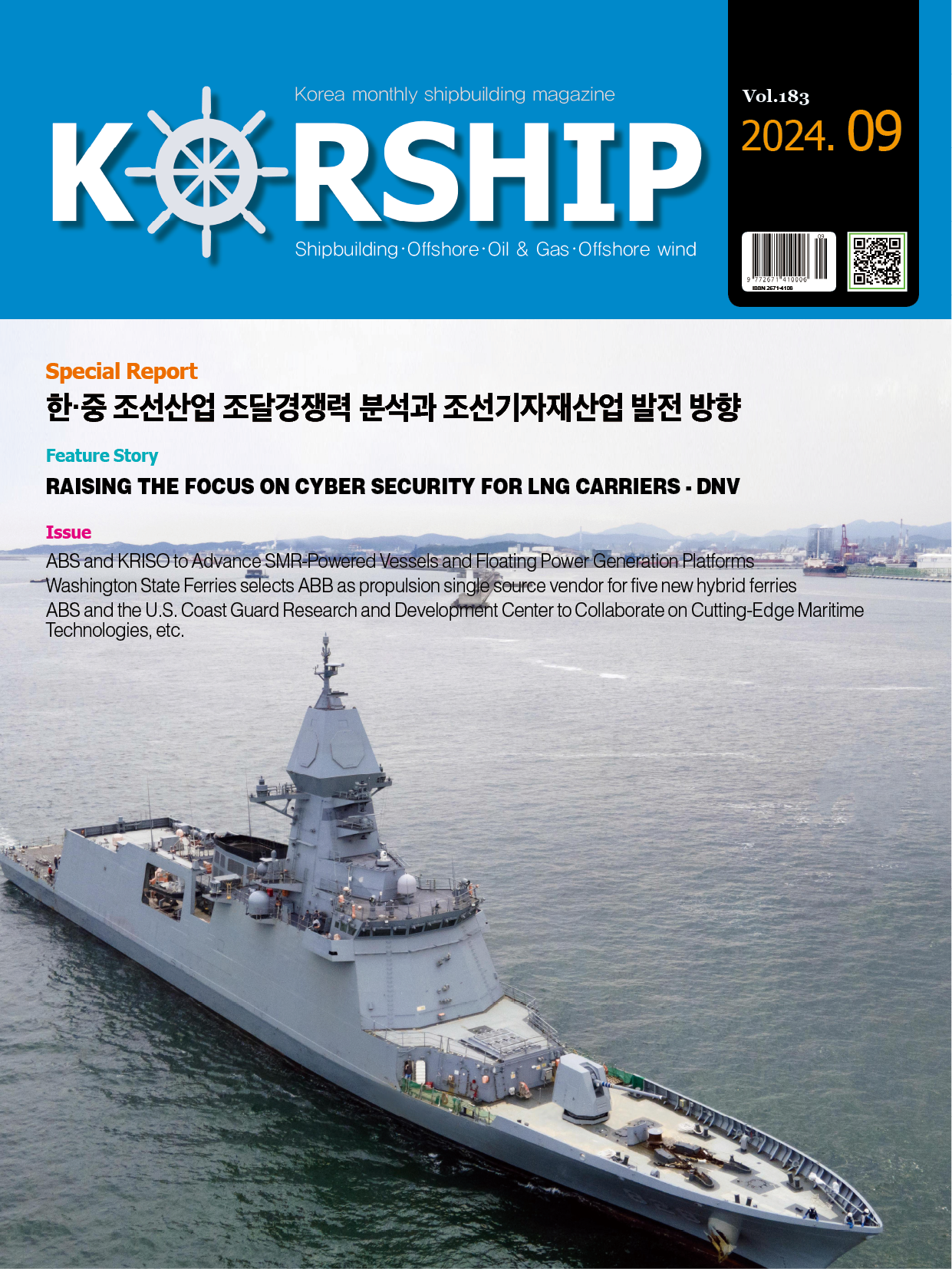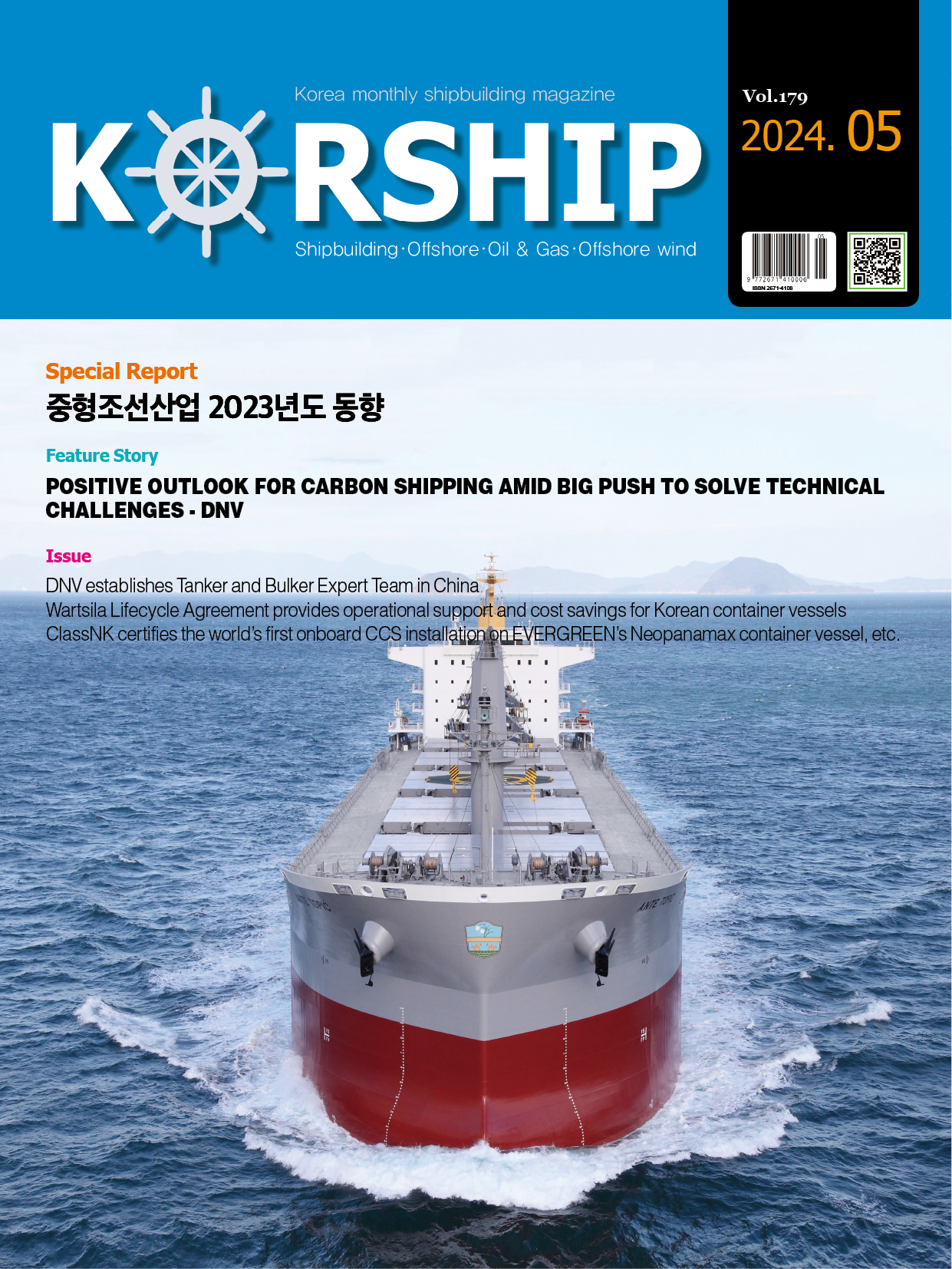Feature Story Well-to-wake accounting of GHG emissions must be priority for maritime…
페이지 정보
작성자 최고관리자 댓글 0건 조회 1,624회 작성일 21-10-15 18:45본문
Methanol Institute publishes policy position ahead of autumn environmental meetings that will set direction for sustainable marine fuels
The Methanol Institute(MI) is calling on maritime policy-makers to adopt a ‘well-to-wake’ approach in GHG accounting of fuels to support the decarbonization of maritime transport.
The recent release of the European Union’s plans for maritime emissions trading will be followed later this year by IMO MEPC 77 meeting and COP 26, both of which will intensify the pressure on governments to put viable fuel choices in the hands of shipowners.
MI believes an approach that accounts for GHG emissions of the fuel’s entire value chain is essential to stimulate the uptake of renewable fuels that can drive the maritime industry’s energy transition.
Applying a well-to-wake approach in GHG accounting of maritime transport has four important implications for shipping. First, it would provide an investment signal and foster innovation in renewable power generation and avoid transferring the reallocation of GHG emissions to upstream fuel production processes.
Second, the burden of decarbonization would belong to the entire maritime sector rather than to shipowners alone. Third, it will enable the industry to respond to fast-approaching regulatory targets and adopt sustainable fuels without delay and finally policy should incorporate incentives as well as present investment signals.
“The tank-to-wake approach currently used by IMO undisputedly places the burden of GHG emissions solely on ship owners and it implies that to achieve decarbonization, they are held wholly responsible for ensuring decarbonization of the sector,” says Gregory Dolan, Chief Executive Officer, The Methanol Institute. “A well-to-wake approach would share the burden with fuel suppliers, power generators, port authorities and national governments - we can’t just look at what happens in the engine room and ignore how the fuel got there in the first place.”
The MI policy paper includes an analysis of the consequences of focussing purely on tank to wake or ‘operational’ emissions. By granting vessels propelled by ammonia or hydrogen from natural gas ‘zero-emission’ status, policy-makers ignore the fact that they emit more than GHG any of the other potential alternative fuels. If policymakers truly intend to apply a metric to GHG emissions which reflects reality instead of a false impression of progress, the well-to-wake approach represents the only viable path forward.
“The approach for calculating well-to-wake emissions based on fuel consumption is well established, as Lifecycle Assessment is frequently applied across different sectors to assess true environmental impact,” says Matthias Ólafsson, MI Manager of Government and Public Affairs, Europe and author of the White Paper. “Shipping doesn’t have the luxury of waiting for as yet unavailable fuel technologies to reach technical readiness, regulatory approval and availability when clean fuels are already available now for existing vessels and newbuilds, are readily traded on digital fuel platforms, and are available in low carbon formats.
A tank-to-wake approach risks selecting winners from the outset, which is bound to stifle innovation and initiative and hinder actual progress. The well-to-wake approach stimulates the uptake of fuels produced with a reduced carbon footprint but does not eliminate the so called ‘zero carbon’ propulsion fuels currently favoured by the tank-to-wake approach.
The Methanol Institute will work with IMO member states and industry bodies to promote the application of a well-to-wake approach to accurately establish a comparison of marine fuel performance with regards to GHG emissions.
■ Contact: the Methanol Institute www.methanol.org












